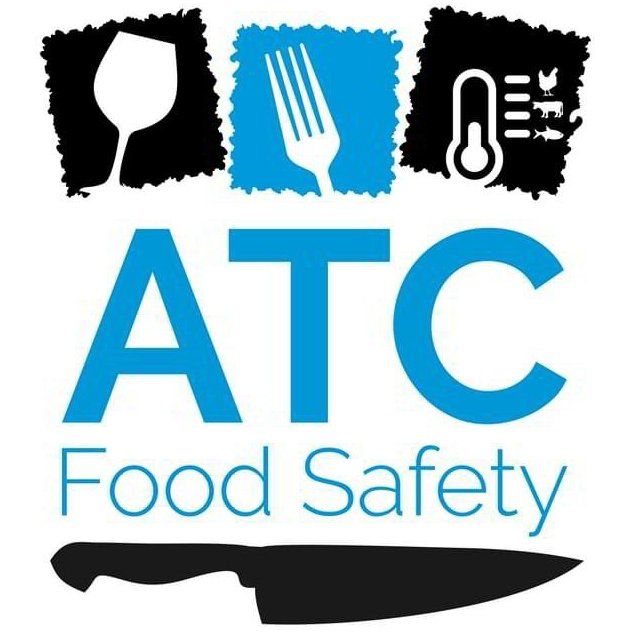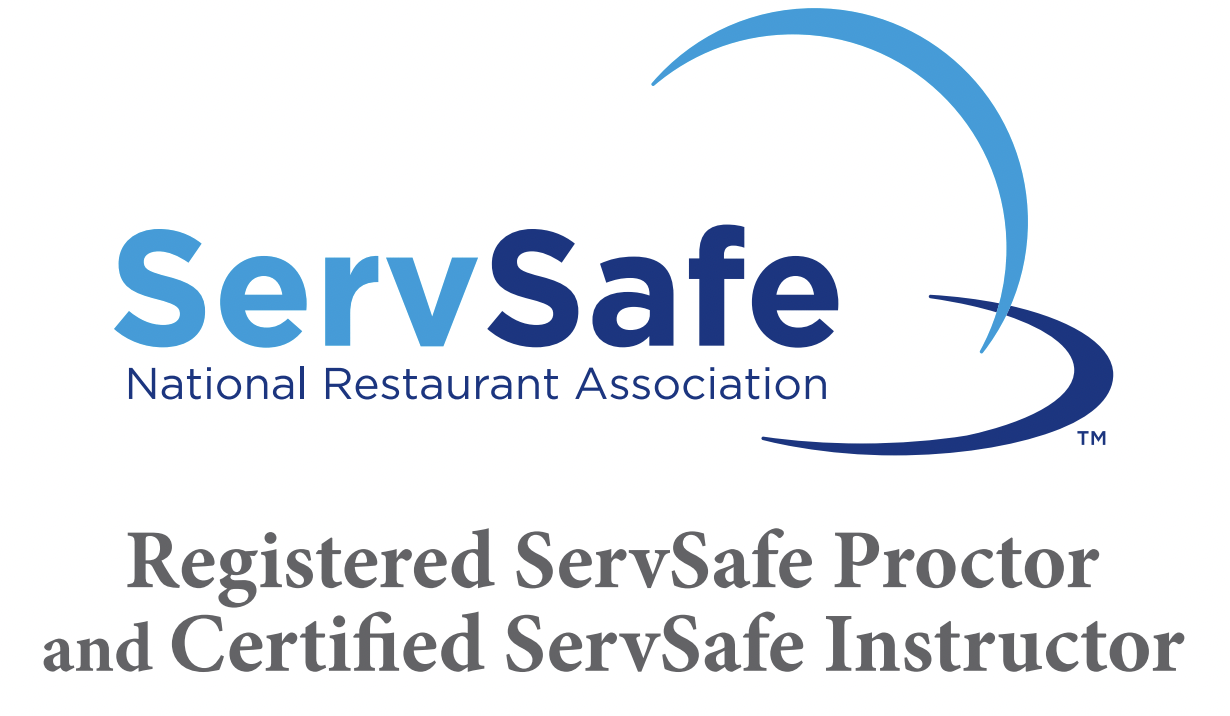NOROVIRUS
This is a subtitle for your new post

Norovirus is a highly contagious virus that causes inflammation in the stomach and intestines. This condition, also known as gastroenteritis, results in symptoms such as nausea, vomiting, diarrhea, stomach cramps, and fever. The virus is spread through contaminated food, water, or close contact with an infected person.
Norovirus is a common cause of outbreaks of gastroenteritis, particularly in institutional settings like schools, nursing homes, and cruise ships. The virus is extremely contagious and can spread quickly from person to person. It is estimated that norovirus causes 19-21 million cases of gastroenteritis each year in the United States alone.
The symptoms of norovirus usually develop within 12-48 hours after exposure to the virus and can last for 1-3 days. While norovirus is not usually serious, it can be particularly dangerous for young children, older adults, and people with weakened immune systems. In severe cases, norovirus can lead to dehydration, which can be life-threatening.
To prevent the spread of norovirus, it is important to practice good hygiene and follow recommended food safety guidelines. This includes washing hands frequently with soap and water, especially after using the bathroom or changing a diaper. It is also important to avoid preparing or handling food if you have symptoms of norovirus.
If you suspect you have norovirus, it is important to see a healthcare provider to get an accurate diagnosis. There is no specific treatment for norovirus, but it is important to stay hydrated by drinking plenty of fluids. Over-the-counter medications may also help relieve symptoms, but it is best to consult with a healthcare provider before taking any new medications.
In conclusion, norovirus is a highly contagious virus that causes gastroenteritis. It is spread through contaminated food, water, or close contact with an infected person. To prevent the spread of norovirus, it is important to practice good hygiene and follow recommended food safety guidelines. If you suspect you have norovirus, it is important to see a healthcare provider to get an accurate diagnosis and stay hydrated.
Hours
Public Classes 10AM - 4PM
24/7 Private Proctoring Available
24/7 On-site Classes



